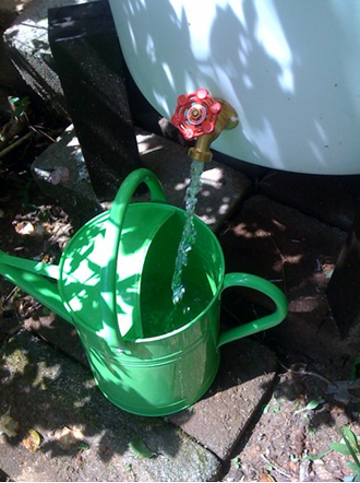Water-Wise Gardening
go.ncsu.edu/readext?815972
en Español / em Português
El inglés es el idioma de control de esta página. En la medida en que haya algún conflicto entre la traducción al inglés y la traducción, el inglés prevalece.
Al hacer clic en el enlace de traducción se activa un servicio de traducción gratuito para convertir la página al español. Al igual que con cualquier traducción por Internet, la conversión no es sensible al contexto y puede que no traduzca el texto en su significado original. NC State Extension no garantiza la exactitud del texto traducido. Por favor, tenga en cuenta que algunas aplicaciones y/o servicios pueden no funcionar como se espera cuando se traducen.
Português
Inglês é o idioma de controle desta página. Na medida que haja algum conflito entre o texto original em Inglês e a tradução, o Inglês prevalece.
Ao clicar no link de tradução, um serviço gratuito de tradução será ativado para converter a página para o Português. Como em qualquer tradução pela internet, a conversão não é sensivel ao contexto e pode não ocorrer a tradução para o significado orginal. O serviço de Extensão da Carolina do Norte (NC State Extension) não garante a exatidão do texto traduzido. Por favor, observe que algumas funções ou serviços podem não funcionar como esperado após a tradução.
English
English is the controlling language of this page. To the extent there is any conflict between the English text and the translation, English controls.
Clicking on the translation link activates a free translation service to convert the page to Spanish. As with any Internet translation, the conversion is not context-sensitive and may not translate the text to its original meaning. NC State Extension does not guarantee the accuracy of the translated text. Please note that some applications and/or services may not function as expected when translated.
Collapse ▲This article was written by Matthew Clay, 2021 NC State University Summer Intern with North Carolina Cooperative Extension in Lee County.
Tired of consuming more water in the summer watering your garden? Water may already be limited during periods of drought and there are ways to save on water usage in your garden. There are several things a home gardener can do to have a water-wise garden.
One option to help conserve water is the timing of watering your plants. Avoid watering in the heat of the day to reduce the amount of water that can be lost from evaporation. A second option is to plant drought-tolerant plants which need less water and can tolerate dry periods. Some examples of drought-tolerant plants are Black-Eyed Susan (Rubeckia hirta), Yarrow (Achillea millefolium), and Sea Lavender (Limonium latifolium). These plants also provide great color to your landscape and serve as pollinator attractors. In addition, planting plants with similar water requirements can help conserve water. Adding mulch around plants can help retain moisture and help reduce the amount of water evaporation from the soil. If you remove weeds from the garden, you eliminate competition for the water, and then less water is needed. Another option to save on your water bill or to conserve your well water is to collect water using a rain barrel. A rain barrel collects water that runs off your house and into a downspout where it is then collected and stored in the barrel. Keep a cover or a screen on top of it to prevent debris and bugs from getting in it and have it elevated so water drains easily to water your garden.
Black-Eyed Susan (Rubeckia hirta), Yarrow (Achillea millefolium), and Sea Lavender (Limonium latifolium). These plants also provide great color to your landscape and serve as pollinator attractors. In addition, planting plants with similar water requirements can help conserve water. Adding mulch around plants can help retain moisture and help reduce the amount of water evaporation from the soil. If you remove weeds from the garden, you eliminate competition for the water, and then less water is needed. Another option to save on your water bill or to conserve your well water is to collect water using a rain barrel. A rain barrel collects water that runs off your house and into a downspout where it is then collected and stored in the barrel. Keep a cover or a screen on top of it to prevent debris and bugs from getting in it and have it elevated so water drains easily to water your garden.
By conserving water, you help preserve the water supply of our environment. It will also help your garden thrive during periods of drought. Also, if there are water limitations due to drought, your garden will not be as affected.
Learn more about water-wise gardening
Matthew Clay is the 2021 NC State University Summer Intern for North Carolina Cooperative Extension in Lee County.




